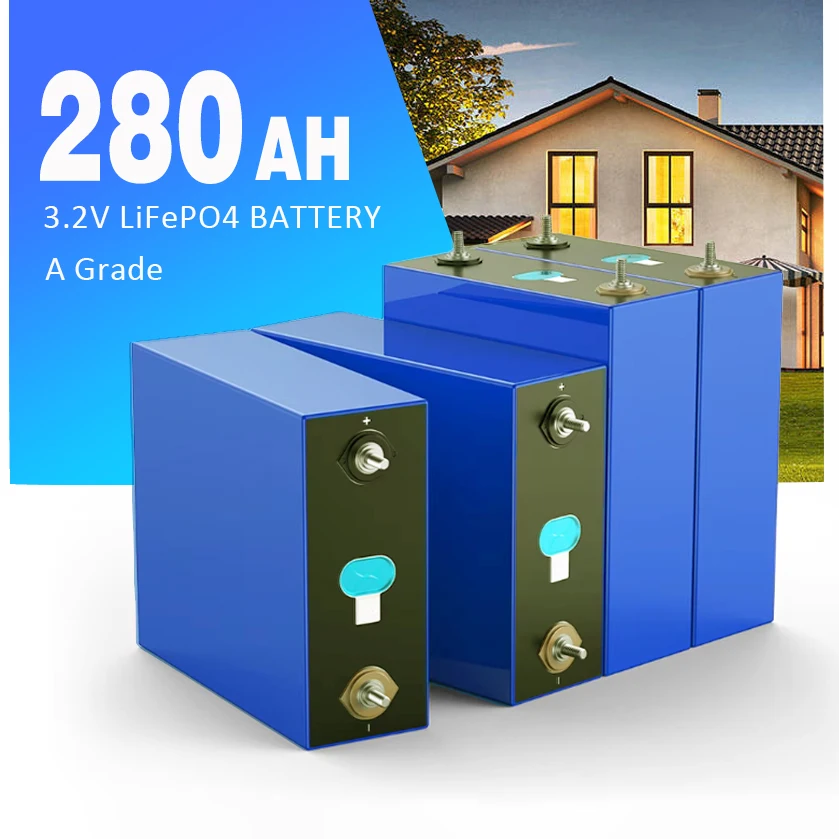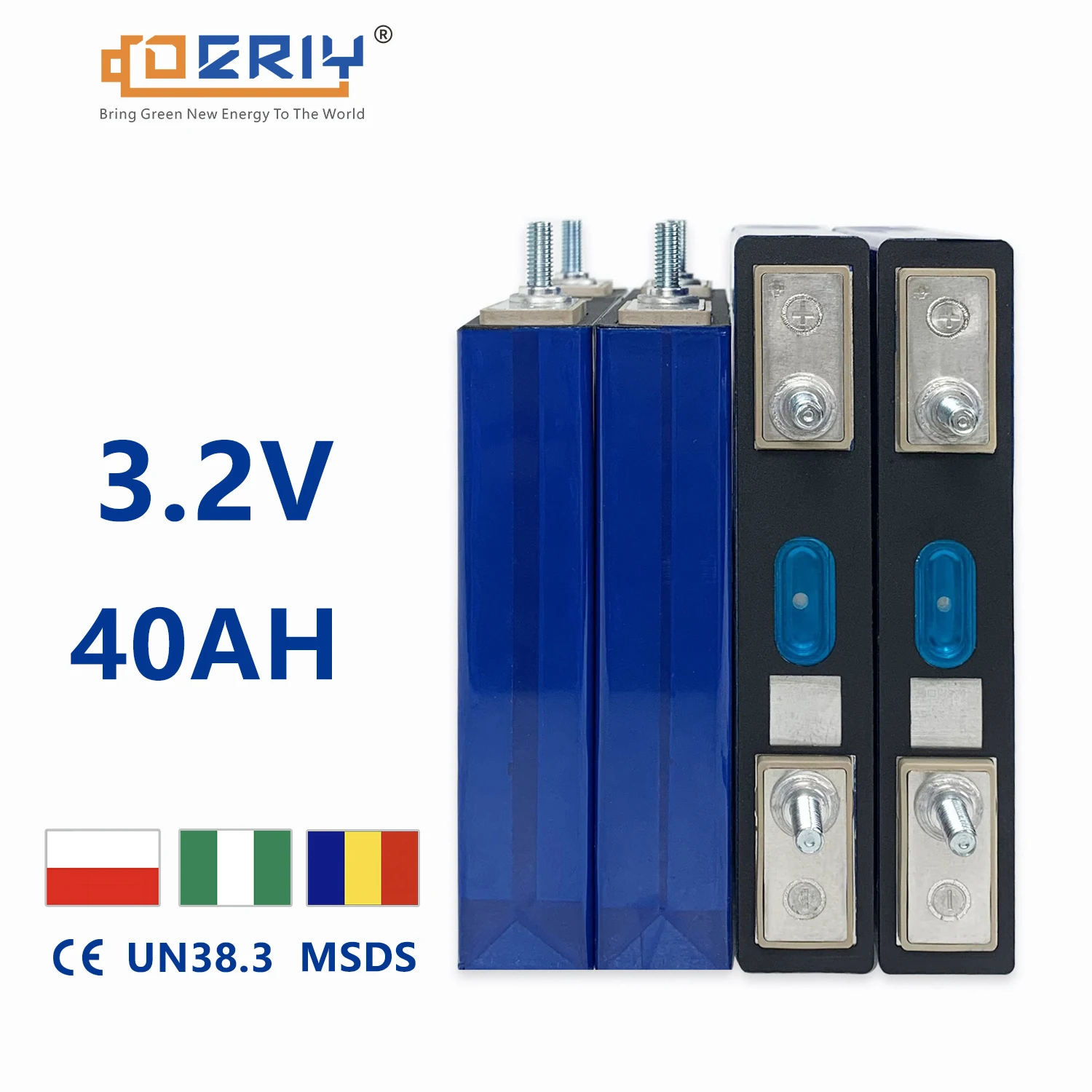
FP battery installations must be meticulously planned beforehand. Choose a location that's dry, free of heat sources, and provides a well ventilated area. The batteries should be connected in parallel or series, and the placement of the positive and negative terminals must avoid short circuits. Ensure that the battery cables are the right gauge and able to withstand the expected current. If integrating the battery with the system's BMS, make sure to connect it correctly so it can manage the battery's performance. Once installation is complete, double check all connections and conduct a primary test of the battery functionality.
